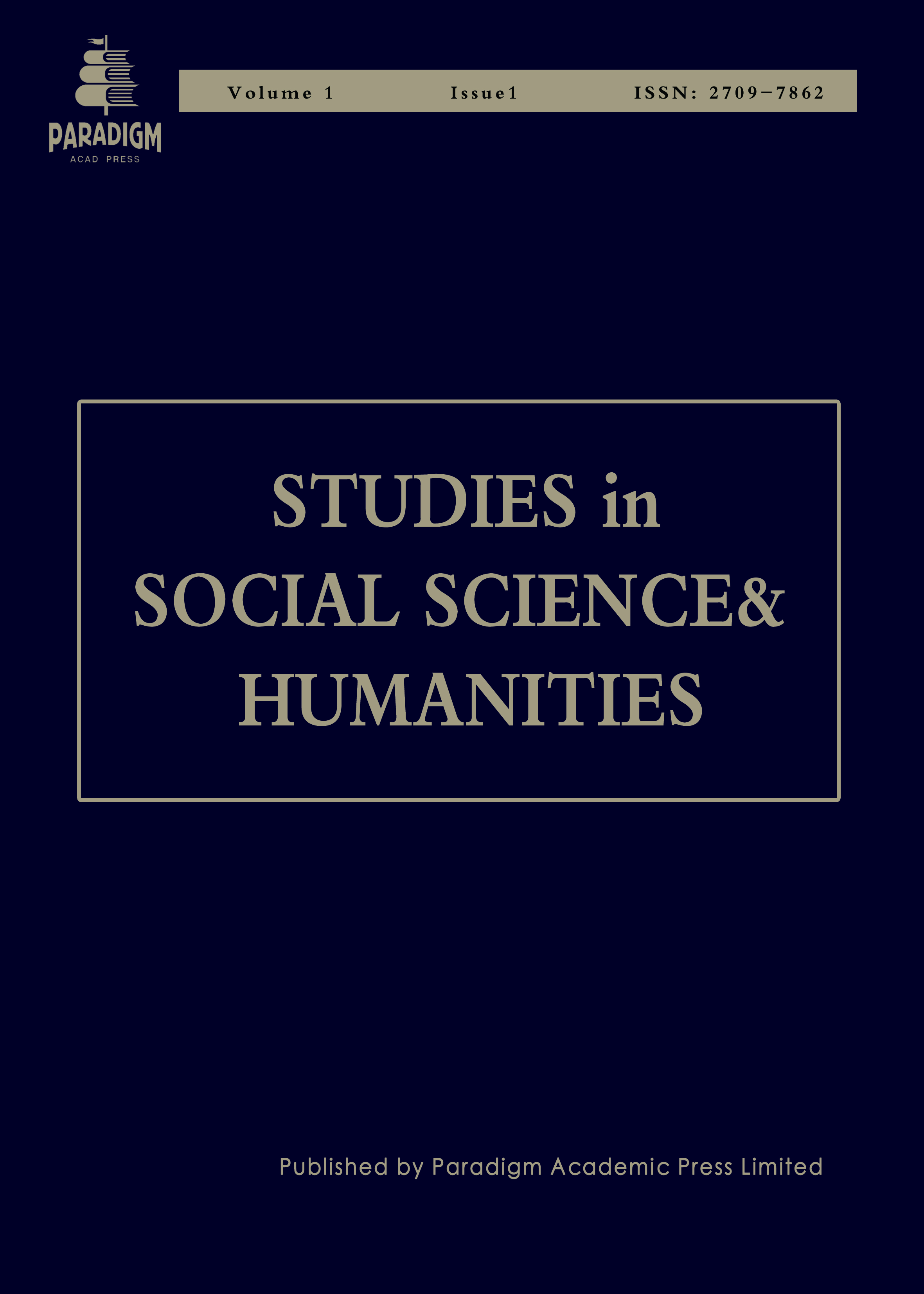The Relationship Between Family Interaction Quality and Adolescent Mental Health with a Focus on Parental Roles in Reconstituted Families
Keywords:
reconstituted families, adolescent mental health, parental roles, emotional regulationAbstract
Adolescence is a critical period of emotional and behavioral development, deeply influenced by family dynamics and structure. This paper examines the relationship between family interaction quality and adolescent mental health, focusing on the roles of parents in reconstituted families. It explores how shifts in parental roles, resulting from remarriage or cohabitation, affect adolescents’ emotional regulation and behavioral outcomes. The study highlights the importance of emotional connectedness, conflict resolution, and family cohesion in shaping adolescent development. It emphasizes the role of family therapy in mitigating the challenges associated with reconstituted families by fostering communication, clarifying roles, and promoting emotional support. Through an analysis of various family structures, the paper underscores the critical impact of supportive parental behaviors and family interventions on adolescent mental health, offering insights for both practitioners and policymakers.


